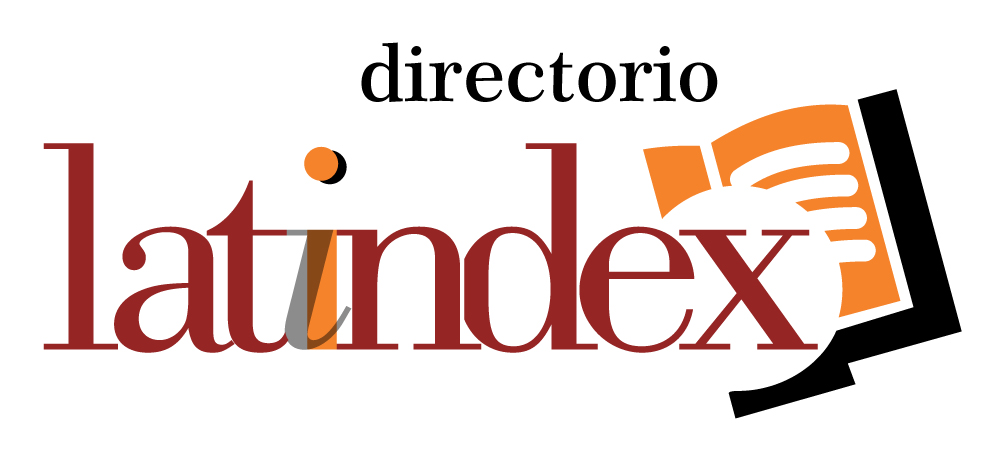Vol. 5 No. 2 (2014): Dossier Human Rights and Multiculturalism

The texts that make up this Dossier were prepared during the second semester of 2013, in the context of the discipline Oriented Research in Philosophy IV of the Bachelor’s Degree in Philosophy at the Federal University of Santa Maria (UFSM). The characteristics of this discipline allow students to develop an autonomous and in-depth research under the thematic guidance established by the professor at the beginning of the semester. For this moment, in the framework of a discipline of practical character, the issues relevant to global ethics in its possible nuances were proposed, taking as background the needs created by contemporaneity, whose elements suppose, among other things, an intense cultural exchange, a cultural, social and economic globalization, and an ethical-political accountability across borders. The guiding question of research was initially focused on the cosmopolitan proposals of a global ethics: its need, possibility and effectiveness, being this the central axis of the debates established by the need (or not) for a "global ethics" itself. Gravitating around this proposal were also, inevitably, the themes and problems that appear concomitantly or concurrently: the problem of multiculturalism, the need for global justice, the need for an ethics of assistance, the struggles for recognition, the recognition of equality and difference, the maintenance of human rights despite the maintenance of cultural differences, the question of patriotism and universality, and basic questions linked to the notions of "citizenship", "humanity," and "dignity."
Given the complexity of the theme, it was clear that the outline of a broad and exhaustive panorama would be unachievable. With which some points of the question would be prioritized over others, each one should investigate one of its aspects in particular, according to a very personal choice - although always justified.
Thus, taking a position prior to all practical debate at the moral and political level as a starting point, the text Essay on human nature: A reflection from Abraham Maslow, by Jonas Muriel Backendorf, proposes an investigation of human nature from the psychological studies of Abraham Maslow, in view of a moral improvement of humanity that could dispense, after all, with regulated and institutionalized solutions for a "peaceful coexistence between people and peoples"; reaching a psychological maturity that could coexist harmoniously with a more mature society, the individual educated to fully realize their potentials, values and integrity is an excellent example of what human nature is capable of when their interests converge with the interests of all - a contemporary reading, closer to psychology than philosophy itself, of some Aristotelian assumptions concerning the rational fulfillment of the excellent character, which cannot be to the detriment of its heuristic and political function.
Beyond an optimistic proposal and beyond a basic task regarding what would humanly constitute us, even if potentially for peace, the diagnosis of conflict is obvious and inescapable at all levels. Mariane Gehlen Perin is restless to understand the genesis of the different positions defended simultaneously within the scope of global ethics itself. In her text The debate about cosmopolitanism, patriotism and nationalism: A general introduction to the theme tries to understand these notions in a specific, historical and philosophical context, in favor of a broad understanding of the pretensions of each perspective in the debates of contemporary authors as Habermas, Benhabib, Nussbaum, Rorty and Taylor, among others. The development of the concept of "cosmopolitanism", from its cynical and stoic origins, seems to respond to a moral rather than political concern, but that does not cease to influence the theoretical and practical proposals, especially for those authors concerned with the role of education in the construction of the meaning of a "shared humanity" (Nussbaum, mainly). As a counterpoint to this perspective, Mariane paints a detailed picture of the development of the terms "patriotism" and "nationalism" and the risks represented by the radicalism of totalitarianism and chauvinism - a panorama that is of extreme relevance when it comes to understanding the difficulties faced by the chance of a "global ethics".
The diagnosis of conflict also permeates the text of Guilherme Pinto Ravazi, The society of peoples as a solution to the international conflicts. Faced with the warlike framework of international relations and the apparent impossibility of effective and lasting peace, the proposal for a Society of Peoples - as conceived by John Rawls in The law of peoples - is made from a Kantian perspective. It is a question of investigating the development of this idea from the concept of "federation of peace" as it appears in Kant’s Perpetual peace.
The guiding question for José Vicente Batista Wociechoski touches the point of the effectiveness and concreteness of social justice through an analysis of human rights - its trajectory, its scope, as well as its recurrent violations. The text Human rights and the formation of identity in the current cultural paradigm, addresses the conflicting relationship between universal human rights, legally recognized and guaranteed since their institutionalization, and cultural diversity, and the way in which this conflict affects the recognition of one’s own individuality. To clarify such a complex scenario, the author investigates some questions of genesis in human rights - with Norberto Bobbio, mainly - and the state of affairs of multiculturalism as a phenomenon and as an ethical-political proposal. The problem of identity construction passes, thus, the recognition of cultural diversity in front of the need for universalization of this same right. Within this problem, the author suggests as an alternative a reflection on the transcultural element present in all societies, an element that may help us understand alterity and thus allow us a non-legalist respect to human rights for each individual in their difference.
Finally, the very concept of "multiculturalism" is examined by Willian Martini in Multiculturalism and the theoretical divergences on multicultural debate. It investigates the different lines of discourse and the different moral and political proposals that intend to understand the difficulties involved in the contemporary globalized world. The analyses of Charles Taylor, Will Kymlicka and Peter McLaren for the approaches of "conservative multiculturalism", "liberal humanist multiculturalism", "left liberal multiculturalism" and "critical multiculturalism" are featured here as leading authors. From the above, the author perceives in the critical multiculturalism proposed by McLaren the most positive approach at a political level, since it is focused on a pedagogical project for a harmonious experience with the difference. It would be appropriate to this education, in view of new social relations, a deep reflection on the way we see ourselves as "one" and "another".
Many details could still be added to the presentation of each of the texts that make up this Dossier, and on the subject itself, but I will let them now speak for themselves. For some of these authors, the subject is already the object of continuous research; for all, however, it was undoubtedly fundamental that the result of their texts could appear in a joint publication. As throughout the discipline, their perspectives dialogue and complement each other. A dialogue that philosophical reflection can not do without at all.
Janyne Sattler (UFSM)








